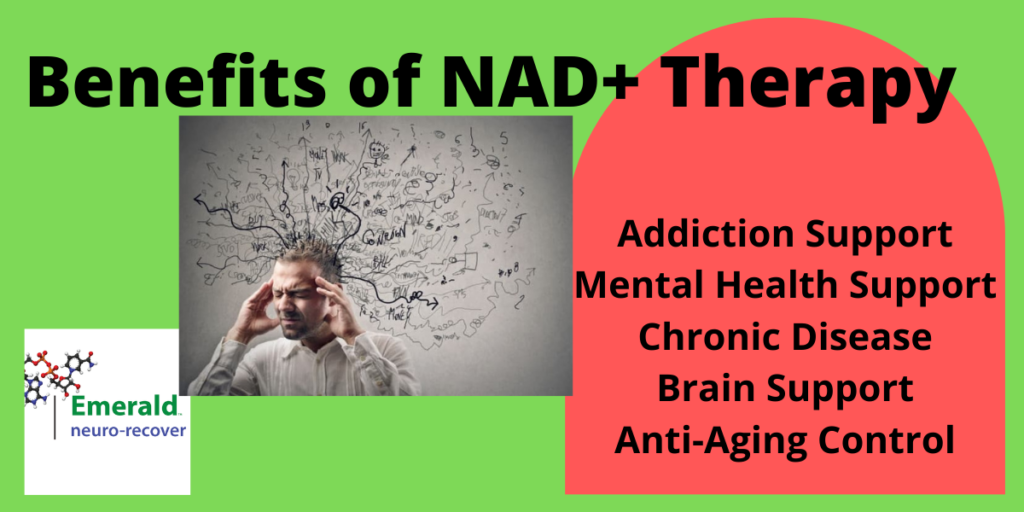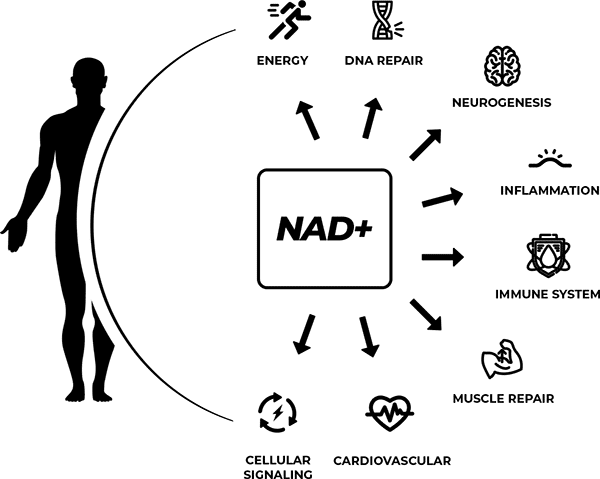Low thyroid or hypothyroidism is much more common than is generally recognized, and appears to be more prevalent than in the past. This may be due to unnatural forms of iodine (iodine is necessary for thyroid hormone formation) from agricultural or other sources entering our bodies and disrupting normal thyroid hormone production.





